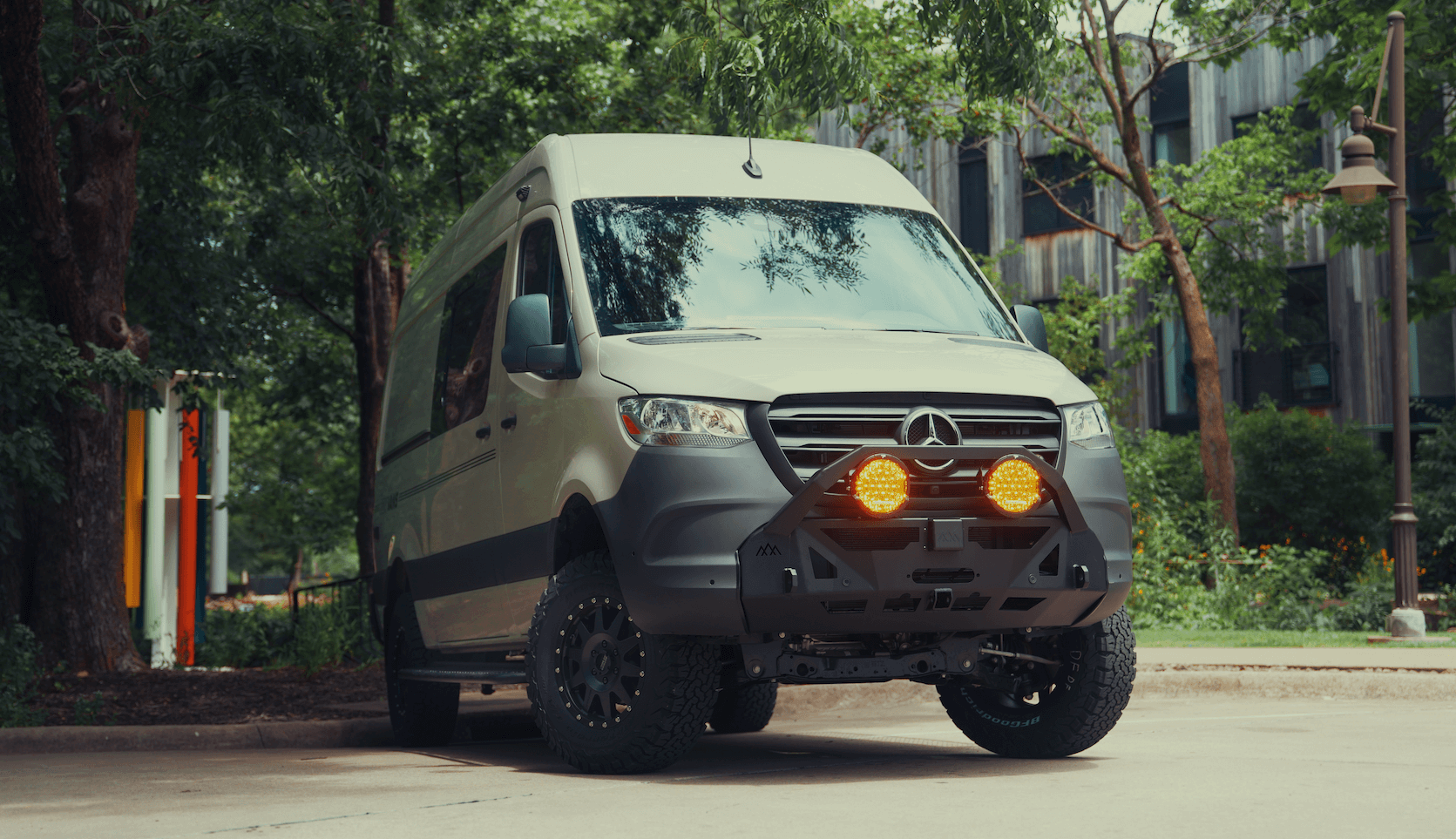Recreational Vans

A cargo van RV is a commercial van transformed into a compact, roadworthy living space that prioritizes utility over excess. Think of a mobile studio that blends sleeping, cooking, and storage inside a steel shell built for miles. Compared with factory campers, a cargo van RV starts with a blank canvas and focuses on function, stealth, and efficient use of volume. The result is a nimble traveler that fits in regular parking spots, tackles city errands, and disappears into trailhead lots without drawing attention.
Choosing a platform comes down to interior dimensions, drivetrains, and service networks. Full size vans like Sprinter, Transit, and ProMaster dominate because they offer standing height, long wheelbases, and straight walls that simplify cabinetry. Mid size options can work for shorter trips if you keep systems minimal. The bigger the van, the more comfortable the galley and bed become, but the more you must watch weight, wind profile, and turning radius.
Your back van is the utility zone. Many builders raise a fixed platform bed and leave the under space open for bikes, boards, totes, and tools. This creates a “garage” that keeps dirty gear away from the living area. Others favor a convertible dinette that flips into a bed, expanding lounge space when you are not sleeping. Both approaches can be paired with a curbside galley and a compact wardrobe so the center aisle stays clear.
A cargo van with bed can be arranged sideways or lengthwise, depending on interior width and your height. ProMaster’s boxy shape often allows a transverse bed with flares, while many Sprinters and Transits use front to back sleeping to avoid cramped shoulders. Murphy beds fold up to open floor area for loading bulky cargo. Slide out platforms let you stage gear outside the doors at camp.
Keep weight low and centered to maintain stable handling. Use proper tie downs for heavy gear stored in the garage. Plan two pathways out of the van, especially if a bed crosses the rear doors. Ventilation matters, too; pair a roof fan with window vents to move air across the sleeping area on warm nights.
Insulation, power, and water convert a shell into a livable rig. Soft insulations like automotive grade synthetics resist moisture and tame road noise, while rigid foam adds R value where large flat panels allow it. Seal gaps thoughtfully rather than trapping moisture behind plastic skins. Blackout window covers help control temperature swings and privacy in cities.
Electrical systems scale with your travel rhythm. A typical package uses a lithium house battery, a DC to DC charger for alternator input, shore power charging, and solar to top off when parked. Many weekend travelers find 100 to 200 amp hours sufficient; full timers with laptops and induction cooking often double that. Smart monitoring helps you understand usage and avoid surprises.
Water systems run from ultra simple to fully plumbed. Portable jugs work well for short stints; fixed tanks between 10 and 30 gallons support longer stays. Compact electric pumps, a flexible sprayer at the rear doors, and a small gray tank keep routines tidy. Heaters range from diesel fired air units to compact electric solutions tied to shore power. For winter trips, insulate lines and keep tanks inside the warm envelope.
List your loads, estimate daily watt hours, and add headroom for bad weather. Pair solar with alternator charging so driving days refill reserves. Use efficient lighting, induction cooktops only when battery capacity allows, and a low draw fridge designed for mobile use.
Suspension upgrades, all terrain tires, and good alignment reduce fatigue on rough roads. Add lighting where it matters most: safe camp setup and clear visibility on remote drives. Recovery points and a modest kit provide peace of mind without turning your rig into a rock crawler.
Even simple layouts benefit from precise carpentry, safe wiring, and clean plumbing. If you want a purpose built cabin that fits your travel style, consider a professional plan and build process that validates weight ratings, airflow, and service access before the first panel is cut. This is where custom vans vehicles shine: a design tuned to your height, your gear, and your routes, finished to feel like a small apartment that happens to roll.
For inspiration on layouts and finishes aligned to adventure travel, explore Recreational vans by OZK. If a ground up cabin is your path, see how a full spec process comes together here: Custom build vans. Shopping for a platform that keeps financing straightforward while still allowing serious upgrades? Review options at Finance ready vans.
Tell us how you travel, what you haul, and how long you stay off grid. We will translate that into a quiet, safe, efficient cargo van RV with a bed that sleeps right and a garage that swallows your gear. Reach out today and we will map your next steps from concept to keys.
Ready to spec a cargo van RV that fits your routes, riders, and gear? Tell us your must haves and we will map a custom layout, power system, and storage that work in real life. Submit the form and our team will respond with next steps, timelines, and an initial build roadmap.
ADDRESS:
6159 E Huntsville Rd, Fayetteville, AR 72701
PHONE:
(479) 326-9200
EMAIL:
info@ozkvans.com